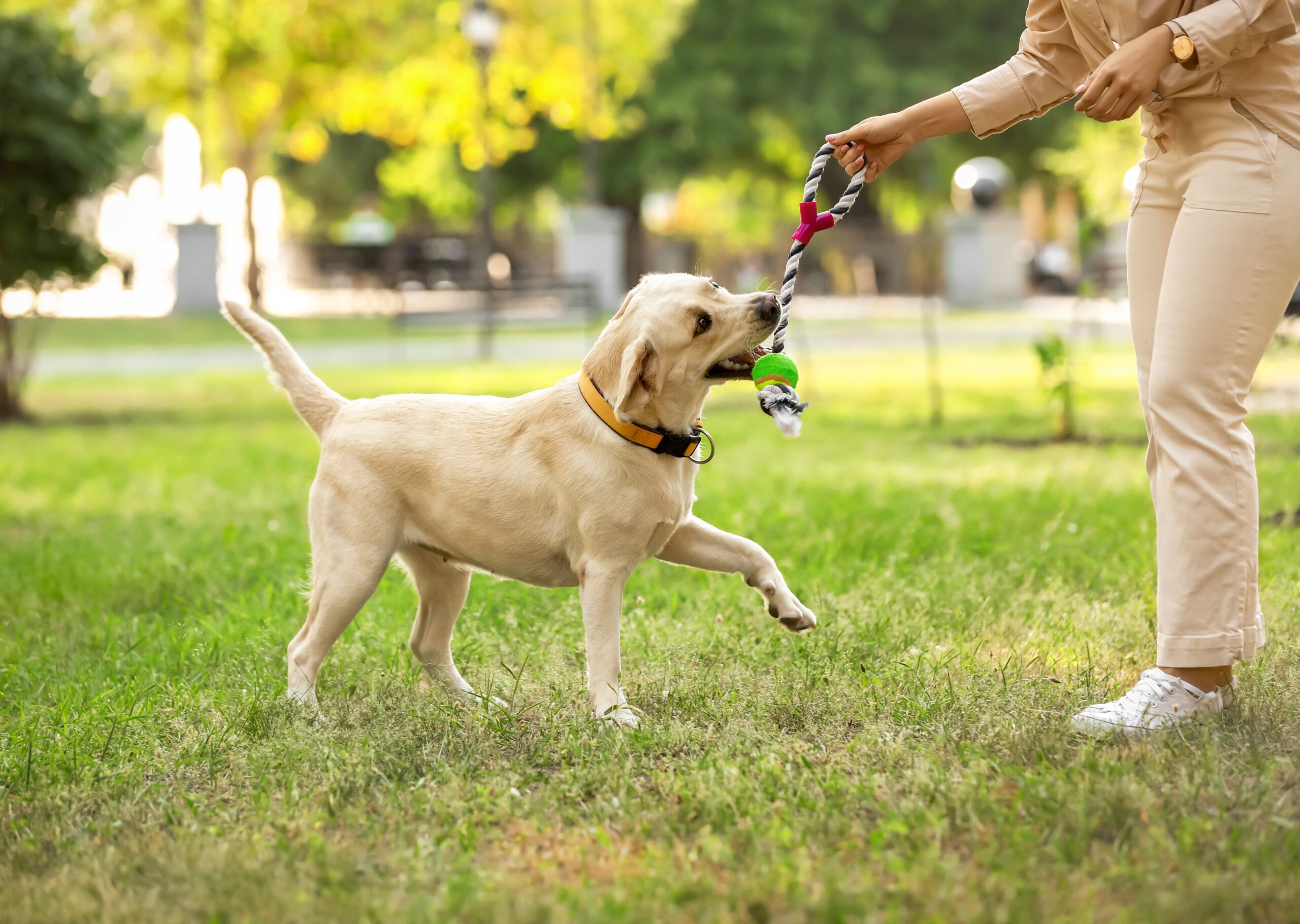
Oppose Pet Bans in Massachusetts
Encourage Massachusetts lawmakers to support pets and vote no on House Document 2163, House Document 1530, Senate Document 552, Senate Document 1155, and Senate Document 1154, which would make it more difficult to obtain pets from humane, regulated sources.
Encourage Massachusetts lawmakers to support pets and vote no on House Document 2163, House Document 1530, Senate Document 552, Senate Document 1155, and Senate Document 1154, which would make it more difficult to obtain pets from humane, regulated sources.
These proposals will hurt pets and people, not help them, by:
- Creating a black market for animal abuse and trafficking
- Raising the risk of scams for potential pet parents
- Taking away a highly regulated and transparent source of animals
The best policy for pets is to ensure all pets are treated well – not make pets harder to legally obtain. HD 2163, HD 1530, SD 552, SD 1155, and SD 1154 fail to address the issue of animal cruelty. Add your name to urge your Massachusetts representatives to vote no on HD 2163, HD 1530, HD 550, SD 552, SD 1155, and SD 1154 and consider more effective policies instead.
What Are Pet Bans?
Pet bans don’t ban pets outright, but they make it harder to get one. Typically, these laws ban stores from selling dogs, cats, and rabbits. Increasingly, these laws ban guinea pigs and other pets, too. A recent law in D.C. bans the sale of mammals, reptiles, amphibians, and birds.
Advocates claim these laws help pets, but it’s the opposite: They actually hurt pets.
Here’s how these laws hurt pets:
Losing Legal Protection
Pet stores are the most regulated and transparent source of pets. Stores offer warranties and protections for consumers that shelters and rescues don’t. Laws that ban sales at pet stores cause families to turn to less regulated sources where they have less protections. Some even become victims of online scams.
Scams
After California passed a statewide ban on stores selling pets, reports of pet scams went up 350%. According to a Veterinarians.org analysis, “California is the state with the most reported puppy scams.”
Foreign Puppy Mills
The Centers for Disease Control reports that puppies are being trafficked into the U.S. from abroad. Puppies are bred in foreign “puppy mills” before being imported as “rescue” dogs.
Deadly Conditions?
Animals can die during long transports from abroad. In 2020, a plane landing in Toronto with 500 French bulldog puppies had dozens of dead puppies die during transit.
Better Solutions
People are rightly seeking to ensure the welfare of animals sold through stores. The way to do this is to address animal welfare directly. Banning stores from selling animals only creates a black market where there is less protection for animals. After all, Prohibition didn’t stop moonshiners–it helped them.
Effective solutions include:
Third-Party Certification
Consumers should support efforts to develop and implement certification programs based on sound science and demonstrated data. This is one of the most effective ways to protect animal welfare and consumers.
Transparency
Some states require pet stores to provide information about which breeders animals come from. This transparency helps ensure that dogs come from breeders in good standing.
Good Regulation
Breeders that sell across state lines must be inspected and regulated by the USDA. Almost all states that are major breeding states have additional regulations of dog breeding. But federal import regulations are lax, which makes it easy for pet traffickers. The USDA estimates more than 1 million dogs are brought into the country every year–and less than 1 percent fall under Animal Welfare Act regulations. The CDC reports that pet traffickers have found loopholes to federal regulation. The Healthy Dog Importation Act would close loopholes used by traffickers.

Ready To Help?
Tell your legislators to oppose pet bans!
